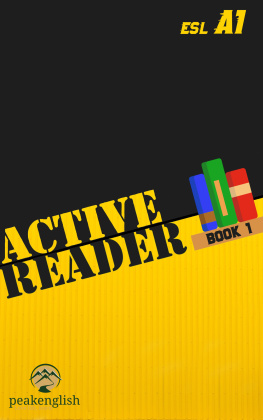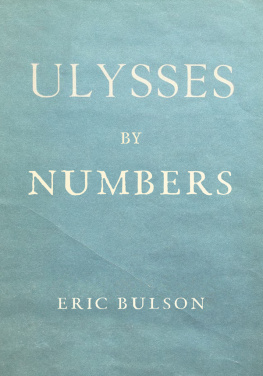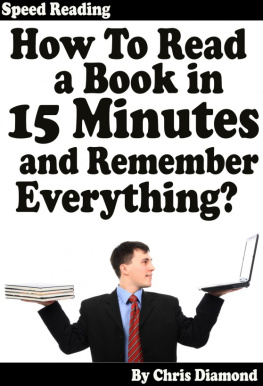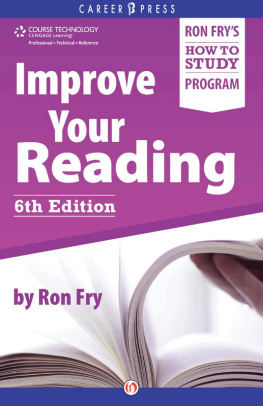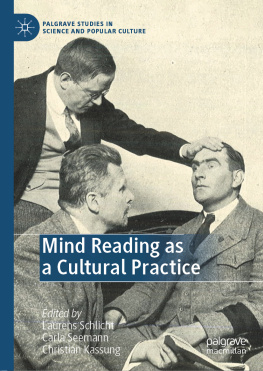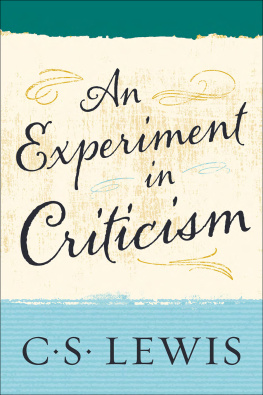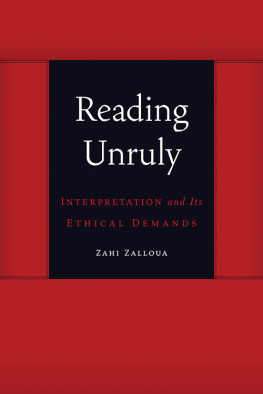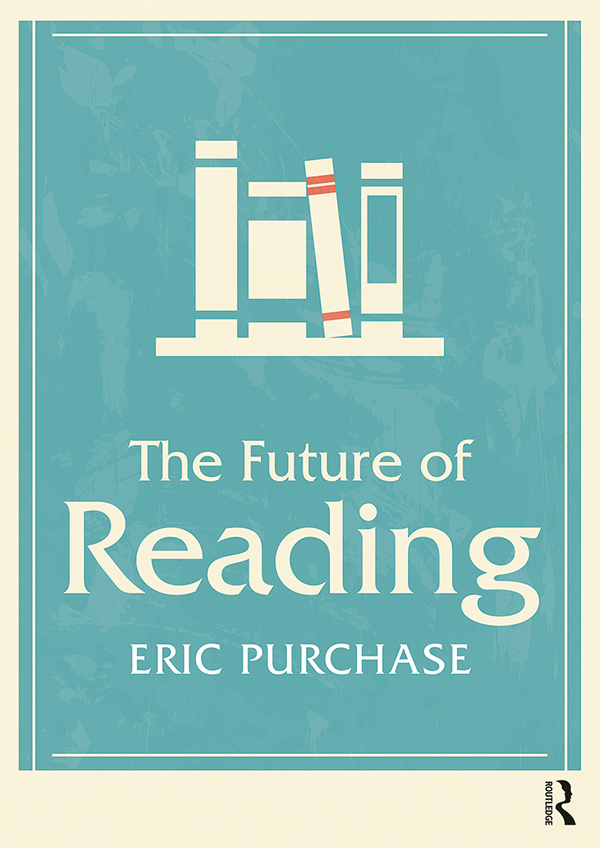
The Future of Reading
Why do we read? What happens to our imaginations when we read? To our knowledge? What creative forces are unleashed? What are the wider implications of all of this?
In a truly engaging and accessible style, The Future of Reading looks at the very experience of reading; not just the consumption and interpretation of texts, but also reading as an artistic process that demands creative freedom and unfolds from deep in the soul. Rather than analysing or critiquing texts, this book examines what happens to us when we read: the complex human experience which frees us from certain boundaries and constraints, and then looks at how we can use this freedom of mind to creatively tackle much larger issues in the world. Eric Purchase argues that creative reading enables us to generate answers for complex, real-world problems that cut across fields of knowledge and, therefore, defy solution by experts.
Enjoyable, challenging, unique, and astute, this book will open up the reading experience for students and all readers interested in using literature and reading as a positive force in their lives and the world.
Eric Purchase earned a PhD in Comparative Literature from the University of Connecticut, USA. He taught writing and literature there, and at other universities, for 12 years. He now works as a professional writer and an independent scholar.
First published 2019
by Routledge
2 Park Square, Milton Park, Abingdon, Oxon OX14 4RN
and by Routledge
52 Vanderbilt Avenue, New York, NY 10017
Routledge is an imprint of the Taylor & Francis Group, an informa business
2019 Eric Purchase
The right of Eric Purchase to be identified as author of this work has been asserted by him in accordance with sections 77 and 78 of the Copyright, Designs and Patents Act 1988.
All rights reserved. No part of this book may be reprinted or reproduced or utilised in any form or by any electronic, mechanical, or other means, now known or hereafter invented, including photocopying and recording, or in any information storage or retrieval system, without permission in writing from the publishers.
Trademark notice: Product or corporate names may be trademarks or registered trademarks, and are used only for identification and explanation without intent to infringe.
British Library Cataloguing-in-Publication Data
A catalogue record for this book is available from the British Library
Library of Congress Cataloging-in-Publication Data
Names: Purchase, Eric, author.
Title: The future of reading / Eric Purchase.
Description: Milton Park, Abingdon, Oxon; New York, NY:
Routledge, 2019. | Includes index.
Identifiers: LCCN 2018046785 | ISBN 9781138319493
(hardback: alk. paper) | ISBN 9781138319523 (pbk.: alk. paper) |
ISBN 9780429844041 (epub3) | ISBN 9780429844034 (mobipocket) |
ISBN 9780429453885 (master) | ISBN 9780429844058 (adobe reader)
Subjects: LCSH: Reading, Psychology of. | Books and
readingPsychological aspects. | LiteraturePsychology.
Classification: LCC BF456.R2 P87 2019 | DDC 153.6dc23
LC record available at https://lccn.loc.gov/2018046785
ISBN: 978-1-138-31949-3 (hbk)
ISBN: 978-1-138-31952-3 (pbk)
ISBN: 978-0-429-45388-5 (ebk)
Typeset in Bembo
by codeMantra
To Paula
You never encountered a book like this before. If youve read something about reading or teachers have talked to you about it, they probably discussed what books to read, why reading is good for you, or how to read. These are the standard ways to frame the topic of reading. Thus, in The Future of Reading, you might expect to find appreciations of great books and authors, arguments about the role that reading plays in our society, and explanations of literary theory. But you will be disappointed.
Instead, this book describes the uses of reading. Books dont mean anything unless they make a difference in your life. You can use reading to solve the most complex problems you face as an individual and as a citizen. Think about reading, then, as a powerful tool and The Future of Reading as your owners manual.
I wrote the book following the same principles that I advocate in it for reading. I approached my task as a problem to solve, and I improvised a solution from the resources I had on hand, namely, my own experiences of reading. Therefore, the texts I discuss in The Future of Reading do not represent the best which has been thought and said in the world. I dont claim my interpretations of them are the right ones. I dont advocate any of the ideas and political positions cited in the book. These texts and ideas serve only to illustrate my points about reading; they are useful for that specific purpose. Beyond that, I take no responsibility. Use them for your own purpose if you find them helpful. If not, discard them, and look for better texts and ideas elsewhere.
Dont allow the examples in the book to limit your imagination of what is possible with reading. The choice of texts in The Future of Reading reflects my own peculiar history. I studied literature in school, so most of the examples come from novels, poetry, and plays though I include some from economics, psychology, religion, science, and other fields. The jumping off point for the book is literature, too, because the study of reading is generally assumed to belong in that department. Nevertheless, the pragmatic approach to reading I describe applies to any texts in any discipline. Whatever you have read will give you all the resources you need to get started.
The author would like to express his deepest appreciation for the generosity of those who read this work at various stages and provided valuable encouragement and suggestions for improvement: Brian Bennett, Jamie Carr, Guo Jian, Paula Kot, and Ross Miller. I would also like to thank Polly Dodson and Zoe Meyer of Routledge for their support as well as Jeanine Furino and Esther Saks of codeMantra.
Gwendolyn Brooks poem, The Bean Eaters, has been reprinted with consent of Brooks permissions.
I acknowledge no fixed rules for the interpretation of the Word of God, since the Word of God, which teaches freedom in all other matters, must not be bound.
Martin Luther
Have you ever said to yourself, Im not going to form an opinion about our Afghanistan strategy until I hear from the Poet Laureate? Probably not. We view literature as a means of reflecting on the world rather than as a way to engage it directly.
When we consume literature, we make unspoken assumptions about the nature of reading. Reading is a cultural form that encourages and discourages certain behaviors. If we change the form, we enable different behaviors. We give ourselves new capabilities. We can acquire more power over our own lives and in the world at large by adopting new reading habits.
Unfortunately, we accept the form of reading that we learned at home and in school without a second thought, not realizing how it limits us. To create a new form, we must reconsider the fundamentals of reading, starting with the main elements: the writer, the text, and the reader. Typically, we imagine the page as a kind of rear-projection screen. The author sits out of sight behind the screen and projects words onto it. We readers sit in front of the screen. We cant see what the writer is doing. We merely consume the words as they appear before our eyes.
In this model, the writer plays an active role. He puts a great deal of thought and effort into creating the text. We admire this creativity. We allow him all freedom to develop it. The text comes from somewhere deep in the writers soul. Its source is ultimately unknowable. The writers uncommon skill and the inaccessibility of its source enhance the value of the text in our eyes.
Next page

